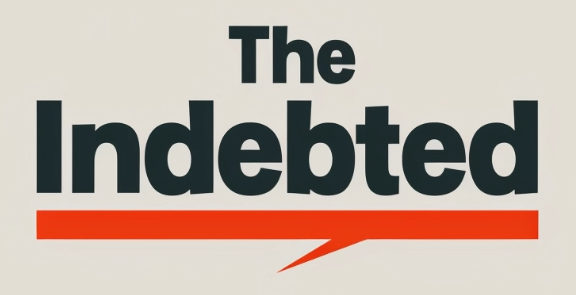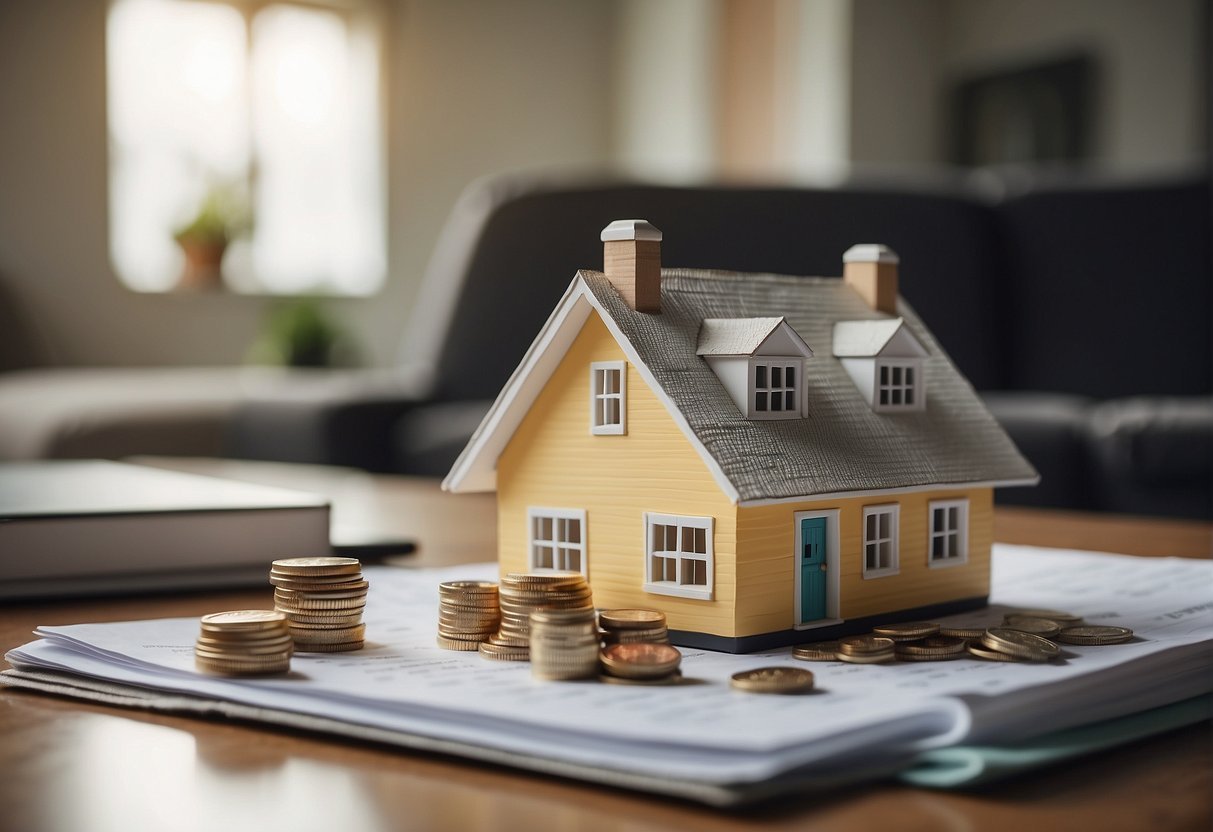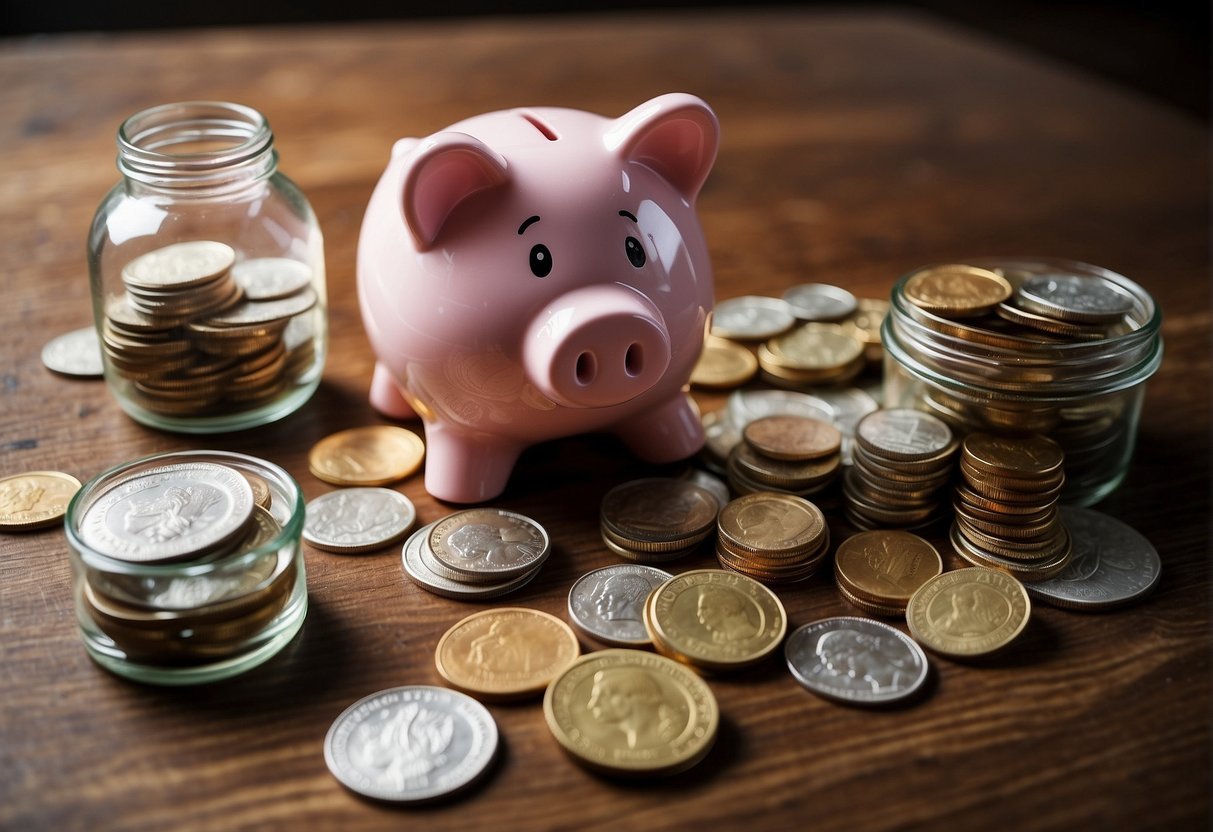Paying off your mortgage early is an excellent way to achieve financial freedom and reach your financial goals. If you’re looking to pay off your mortgage debt early, there are several strategies you can use to achieve it. In this article, I’ll share some of the most effective strategies that you can use to pay off your mortgage debt early and achieve financial independence.
One of the most effective strategies for paying off your mortgage early is to make additional mortgage payments. By making extra payments, you’ll be able to pay off your mortgage faster and save thousands of dollars in interest over the life of your loan. Another strategy is to refinance your mortgage to a shorter term or a lower interest rate, which can help you save money and pay off your mortgage sooner. Additionally, you can consider biweekly payments or rounding up your payments to the nearest hundred or thousand dollars to help you pay off your mortgage faster.
By using these strategies, you can pay off your mortgage debt early and achieve financial freedom. However, it’s important to remember that paying off your mortgage early may not be the best option for everyone. It’s essential to consider your financial goals, your budget, and your overall financial situation before deciding to pay off your mortgage early.
Understanding Mortgage Basics
As a homeowner, one of the most significant financial obligations you’ll ever have is your mortgage. A mortgage is a loan that you take out to buy a home, and it’s typically repaid over a period of 15 to 30 years. Understanding the basics of your mortgage is crucial to making informed decisions about your finances.
Types of Mortgages and Terms
There are two main types of mortgages: fixed-rate and adjustable-rate. A fixed-rate mortgage has a set interest rate that remains the same throughout the life of the loan, while an adjustable-rate mortgage (ARM) has a variable interest rate that can fluctuate over time.
The most common mortgage terms are 30-year and 15-year mortgages. A 30-year mortgage is the most popular option because it offers lower monthly payments, while a 15-year mortgage has higher monthly payments but allows you to pay off your mortgage debt early.
How Interest Affects Your Payments
When you take out a mortgage, you’ll be charged interest on the amount you borrow. The interest rate you receive will depend on a variety of factors, including your credit score, the size of your down payment, and the type of mortgage you choose.
The interest you pay on your mortgage is calculated based on the principal balance of your loan. At the beginning of your mortgage, most of your monthly payment will go toward paying off the interest. As you continue to make payments, more of your payment will go toward paying off the principal.
Understanding how your mortgage works is crucial to paying it off early. By making extra payments toward your principal, you can reduce the amount of interest you pay over the life of the loan and pay off your mortgage debt sooner.
Strategies for Early Mortgage Payoff
As a homeowner, paying off your mortgage debt early is a great way to save money and build equity in your home. There are several strategies you can use to pay off your mortgage faster. In this section, I will discuss three popular strategies: making extra payments, lump-sum payments, and biweekly payment plans.
Making Extra Payments
One of the most effective ways to pay off your mortgage early is to make extra payments. By making additional principal payments, you can reduce the amount of interest you pay over the life of your loan and shorten your loan term. You can make extra payments in several ways:
-
One extra payment per year: Making one extra mortgage payment per year can help you pay off your mortgage several years early. For example, if you have a 30-year mortgage, making one extra payment per year can help you pay off your mortgage in 26 years.
-
Extra mortgage payment each month: You can also make an extra mortgage payment each month. This will have the same effect as making one extra payment per year, but it will be spread out over 12 months.
-
Principal payments: Another way to make extra payments is to make additional principal payments. By paying down your principal balance, you can reduce the amount of interest you pay over the life of your loan.
Lump-Sum Payments
A lump-sum payment is a one-time payment you make to your mortgage lender. This can be a great way to pay down your mortgage principal and reduce the amount of interest you pay over the life of your loan. Some ways you can make a lump-sum payment include:
-
Tax refunds: If you receive a tax refund, consider using it to make a lump-sum payment on your mortgage.
-
Inheritance: If you receive an inheritance, you may want to use some of the money to pay down your mortgage.
-
Bonuses: If you receive a work bonus, consider putting some of the money toward your mortgage principal.
Biweekly Payment Plans
A biweekly payment plan is a way to make extra mortgage payments without even noticing. Instead of making one monthly payment, you make half of your monthly payment every two weeks. This adds up to 26 half-payments per year, which is the equivalent of 13 full payments. By making an extra payment each year, you can pay off your mortgage several years early.
In conclusion, there are several strategies you can use to pay off your mortgage debt early. Making extra payments, lump-sum payments, and biweekly payment plans are all effective ways to reduce the amount of interest you pay over the life of your loan and pay off your mortgage faster.
Refinancing Your Mortgage
Refinancing your mortgage can be a smart way to pay off your mortgage debt early. By refinancing, you can lower your interest rate, shorten your loan term, or both. Here are some things to consider before refinancing your mortgage.
When to Refinance
Refinancing your mortgage can be a good idea if you can lower your interest rate by at least 1%. However, you should also consider other factors, such as the closing costs associated with refinancing. If you plan to move within the next few years, refinancing may not make sense, as it can take several years to recoup the closing costs.
Benefits of a Shorter Loan Term
One of the most effective ways to pay off your mortgage debt early is to refinance to a shorter loan term. For example, if you currently have a 30-year mortgage, you may be able to refinance to a 15-year mortgage. While your monthly payments may be higher, you’ll pay off your mortgage debt much faster and save thousands of dollars in interest over the life of the loan.
Comparing Refinance Costs
Before you refinance your mortgage, it’s important to compare the costs of refinancing. These costs can include closing costs, appraisal fees, and other fees. Make sure to get quotes from several lenders and compare the interest rates and closing costs. You can use an online refinance calculator to help you determine whether refinancing makes sense for you.
In summary, refinancing your mortgage can be a smart way to pay off your mortgage debt early. By refinancing to a lower interest rate or a shorter loan term, you can save thousands of dollars in interest over the life of the loan. However, it’s important to consider the costs of refinancing and whether it makes sense for your financial situation.
Financial Planning and Budget Considerations
When it comes to paying off mortgage debt early, financial planning and budget considerations are crucial. Here are some key things to keep in mind:
Adjusting Your Budget
One of the most effective ways to pay off mortgage debt early is to adjust your budget. This can involve reducing your expenses, increasing your income, or a combination of both. By cutting back on non-essential spending and redirecting those funds toward your mortgage payments, you can make significant progress toward paying off your debt ahead of schedule.
Protecting Your Emergency Fund
While it’s important to focus on paying off your mortgage debt as quickly as possible, it’s equally important to protect your emergency fund. This fund is designed to help you weather unexpected expenses or financial setbacks, and it should be a top priority in your financial planning. As you adjust your budget to pay off your mortgage debt, be sure to set aside enough funds to maintain your emergency fund.
Considering Investments and Retirement
Paying off your mortgage debt early can be a great way to achieve financial freedom, but it’s not the only goal you should be working toward. It’s also important to consider your investments and retirement savings as part of your overall financial plan. By investing in a diversified portfolio and contributing regularly to your retirement accounts, you can build long-term wealth and secure your financial future.
Overall, financial planning and budget considerations are essential when it comes to paying off mortgage debt early. By adjusting your budget, protecting your emergency fund, and considering your investments and retirement goals, you can achieve financial freedom and build a strong financial foundation for the future.
Potential Risks and Drawbacks
Prepayment Penalties
Before considering paying off your mortgage early, it is essential to check if your mortgage has a prepayment penalty. A prepayment penalty is a fee charged by the lender if you pay off your mortgage before the agreed-upon term. The penalty can be a percentage of the outstanding balance or a fixed amount.
If your mortgage has a prepayment penalty, it may not be worth paying off your mortgage early. The penalty can negate the benefits of early payment. Therefore, it is crucial to check your loan agreement and understand the terms of the prepayment penalty before making any extra payments.
Impact on Cash Flow and Investments
Paying off your mortgage early can free up cash flow, but it can also impact your investments. If you have high-interest debt, it may be more beneficial to pay off that debt first. High-interest debt can include credit card debt, personal loans, and car loans.
Additionally, paying off your mortgage early can limit your liquid cash, which can be used for investments. Therefore, it is essential to assess your financial situation and prioritize your debts and investments before making extra mortgage payments.
Assessing Opportunity Costs
Opportunity cost is the cost of forgoing an alternative option. Paying off your mortgage early can have an opportunity cost. If you have a low-interest mortgage, you may be better off investing the extra money in the stock market or other investments that yield higher returns.
It is crucial to assess the opportunity cost of paying off your mortgage early and compare it to the potential returns of other investments. Making an informed decision can help you make the most of your money and achieve your financial goals.
In conclusion, paying off your mortgage early can have potential risks and drawbacks. It is essential to understand the terms of your mortgage, assess your financial situation, and prioritize your debts and investments before making extra mortgage payments.





